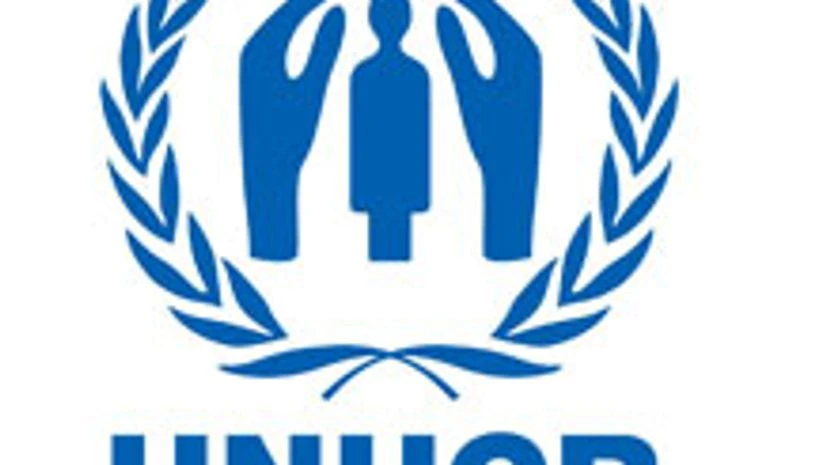While 13 countries, including Pakistan, voted against, eight member-states abstained from voting on the contentious resolution that saw political tremors in India with DMK pulling out of the UPA alliance and the government. Gabon, a member-country had voting rights issue.
The watered down resolution also saw India pushing for new elements through written amendments calling for an independent and credible investigation into allegations of human rights violation and other accountability measures to be accepted by Sri Lanka, according to sources.
During 'Intervention in the United Nations Human Rights Council on the Resolution on Promoting Reconciliation and Accountability in Sri Lanka', India's permanent Representative Dilip Sinha said, "We reiterate our call for an independent and credible investigation into allegations of human rights violations and loss of civilian lives".
"We note with concern the inadequate progress by Sri Lanka in fulfilling its commitment to this Council in 2009. Further, we call on Sri Lanka to move forward on its public commitments, including on the devolution of political authority through full implementation of the 13th Amendment and building upon it," Sinha said.
However, sources said when India pushed for the written amendments, the sponsors of the resolution said the attempt was to make it "broadest-possible" and with tougher amendments, the purpose will be defeated.
Criticising the resolution, Sri Lanka at the UNHRC said, "The resolution presented here today is clearly unacceptable to Sri Lanka."
"The government of Sri Lanka totally rejects the attempts by the Office of the Human Rights Commissioner and proponents of this resolution," the Sri Lankan representative said.
He also said the resolution failed to recognise the progress made in the country in recent years, saying it is "replete with misrepresentations" on the situation in his country today.
The resolution urged the government of Sri Lankan President Mahinda Rajapaksa to address "continuing reports of violations of human rights" in the country, including threats to judicial independence and media intimidation.
India said it believes that the report of the Lessons Learnt Reconciliation Commission (LLRC) and its findings and recommendation provides a window of opportunity to forge a consensual way forward towards a lasting political settlement through genuine national reconciliation and the full enjoyment of human rights by all its citizens.
"India has always been of the view that the end of the conflict in Sri Lanka provided a unique opportunity to pursue a lasting political settlement, acceptable to all communities in Sri Lanka, including the Tamils," Sinha said.
"We call for effective and timely implementation of all the constructive recommendations contained in the LLRC report, including those pertaining to missing persons, detainees, disappearances and abductions, reduction of 'high security zones', return of private lands by the military and withdrawal of the security forces from the civilian domain in the Northern Province," he said.
"We reiterate our call for an independent and credible investigation into allegations of human rights violations and loss of civilian lives. We urge Sri Lanka to take forward measures to ensure accountability. We expect these measures to be to the satisfaction of the international community," the Indian Permanent Representative said.
India pushed for seven written amendments in six paragraphs of the resolution.
India also urged UN High Commissioner for Human Rights Navaneetham Pillai to undertake a visit to Sri Lanka, which has invited her.
"We hope that the Office of the High Commissioner on Human Rights and UN Special Procedures continue their engagement in accordance with their mandate," Sinha said.
"We encourage the Government of Sri Lanka to expedite the process of a broad-based, inclusive and meaningful reconciliation and political settlement that ensures that all communities live in dignity with equal rights and equal protection of the laws," he said.
"As a neighbour with thousands of years of relations with Sri Lanka, we cannot remain untouched by developments in that country and will continue to remain engaged in this matter," the Indian Permanent Representative said.
Questioning the resolution, the Sri Lankan representative said, "The Sri Lanka conflict ended three years and ten months ago. There are other ongoing conflicts and reported violations of rights as we speak in several parts of the world. Our concern is why this preoccupation with Sri Lanka? Why is this inordinate and disproportional level of interest in a country that has successfully ended 30 years of conflict against terrorism."

)
